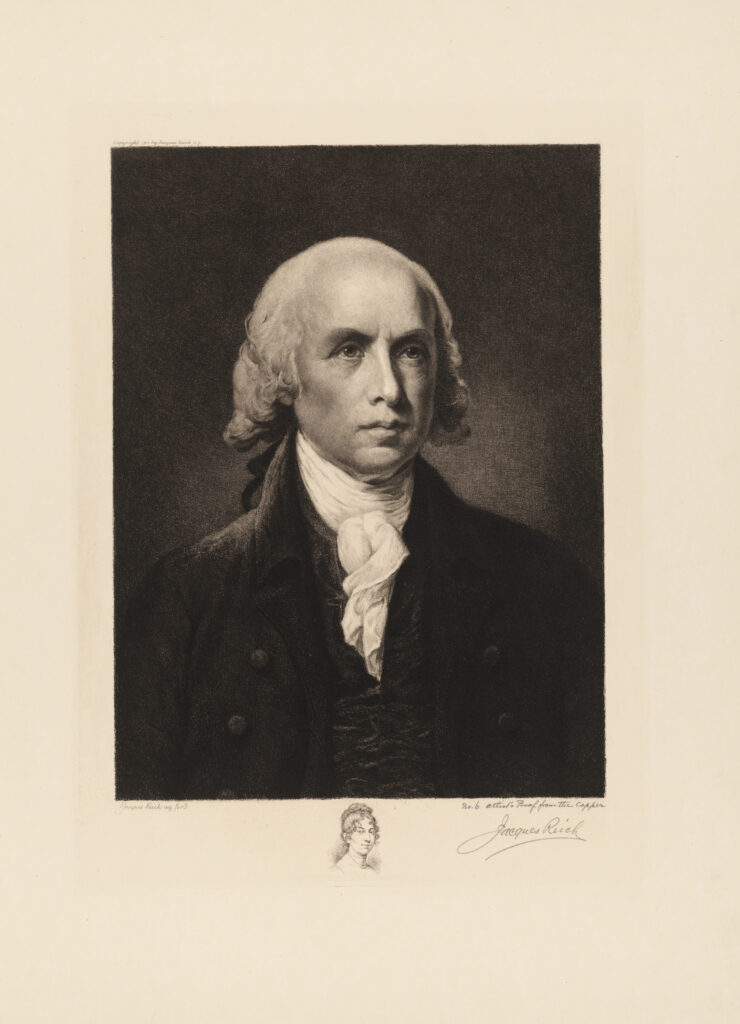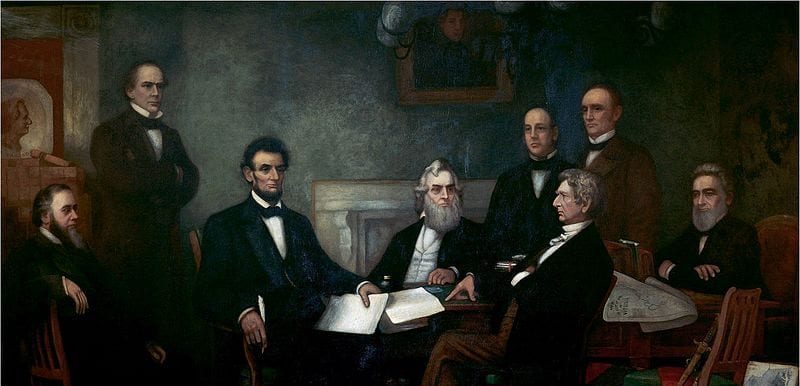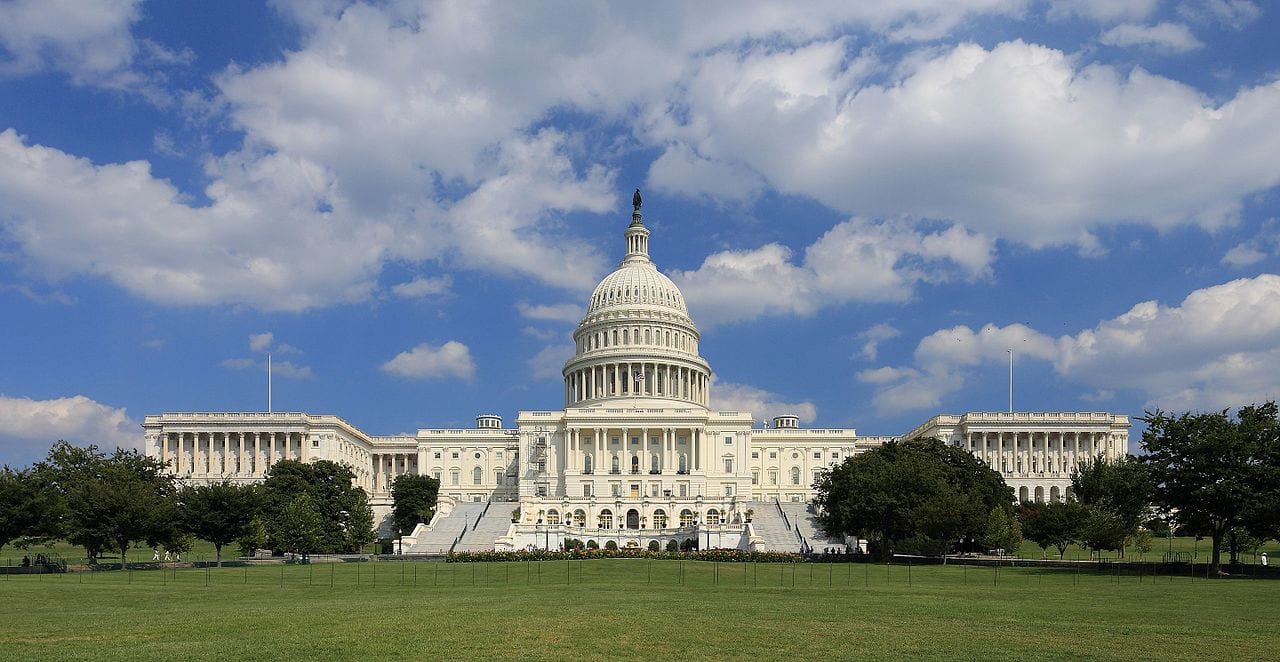
Veteran and Teacher Royce Aldridge
Royce Aldridge did not begin his career as a history teacher. As a freshman at the University of Montana, he fought against a sense of restlessness. Concluding that he lacked focus, he left school to join the Air Force, following the military path his own father took. At a lunch with his father following his enlistment—after Aldridge swore an oath to defend the Constitution with his life—his father asked him a hard question.
“Would you do it? Die for the Constitution?”
“I was 18 years old and sure of myself,” Aldridge recalls. “I said I would.”
“‘Have you ever read it?’ Dad asked. I went home and read it.”
“Years later, after I’d begun teaching, I told Dad what he’d prompted me to do. ‘I still would die for it,’ I said. ‘Would you, Dad?’ I asked. He’d spent 22 years in service.”
“‘Son, I never read it,’ he replied. ‘But that’s what a good teacher does, huh? Makes you think?’”
What the Military Taught Aldridge
In Aldridge’s case, the military exacted a less costly obedience: that he follow orders without questioning them. He recalls “frustrating my first sergeants, and peeling many potatoes, because I asked ‘Why?’” Yet he learned disciplined habits. At the end of his enlistment term, he returned to the university, finding himself better able to focus, especially after a diagnosis of dyslexia explained the learning challenges that he’d worked through his freshman year. Aldridge double-majored in English and history with an emphasis in secondary school education. Realizing he could turn his disability into an advantage, he went on to earn a Master’s degree qualifying him as reading specialist.
Aldridge and his wife Mandy, also a reading specialist, began their careers as high school English teachers in Montana. Tiring of the severe winters, they moved to Nevada, both eventually taking teaching positions in Yerington, a small rural town about 71 miles southeast of Reno. Meanwhile, Aldridge began devouring popular histories in his free time. When a social studies position opened at Yerington High, he took it.
A Native American Heritage
Over a third of Aldridge’s students are Latino, many of them first-generation Americans. Another quarter are Native American; Yerington High School serves two Indian reservations. Aldridge himself descends from the Gros Ventre tribe on his mother’s side. She grew up on the Fort Belknap reservation in Montana. “I’m the only minority teacher at the school,” Aldridge says. This gives him an “immediate in” with many students. Latino students gravitate toward him. Native American students trust him, “because I understand reservation life,” Aldridge says.
Still, he competes for their attention amid the distractions of social media and the lure of $27/hour jobs at a nearby mine, recently opened to harvest nation’s largest copper ore deposit. He encourages students to go to college. “It’s great to make that money, but what are you going to do when your back doesn’t hold out anymore, and you’ve got two kids and a mortgage? Get some education to fall back on.”
His goal: “getting the kids to argue, to think. I only get 180 days of their lives in this Tik Tok world to introduce them to something that came before us, something that can help them start to understand why things are the way they are.”
TAH Seminars Strengthen Aldridge’s Reading Specialty

Teaching history, Aldridge uses his reading specialist training to guide students through key texts like the Declaration of Independence. “We spend two class periods dissecting it,” he says. Students identify key words in the first two paragraphs and consider why those words were chosen. Arriving at the list of charges against King George III, Aldridge asks students to reword each accusation as concisely as possible. He likens this exercise to the “six-word memoir” writers use to sharpen their skills.
A few years ago, Aldridge attended his first Teaching American History colloquium. Held in Philadelphia and led by Professor Jeremy Bailey, the weekend focused on The Federalist. “Before, I was intimidated by the writings of our founding fathers. I had read some of The Federalist, but, knowing that in Philadelphia I would have to answer to one of the experts in the field, I decided to buckle down and read the course pack carefully. I found myself fascinated by the language. The turns of phrase these geniuses used! — ‘If men were angels, no government would be necessary.’ People don’t speak that way anymore. Maybe they didn’t then; maybe they only wrote that way. But that really opened a world to me.”
Today, he uses primary documents to open students’ eyes.
Teaching Lincoln’s Decision-Making
“I love reading Lincoln’s speech at Independence Hall aloud to students,” Aldridge says, referring to the brief remarks Lincoln made when he stopped in Philadelphia on his way to his first inauguration. Declaring that the principles of the Declaration, which motivated the Revolution, would guide his presidency, Lincoln concluded: “I was about to say, I would rather be assassinated on this very spot than surrender [those principles].” After reading that line, Aldridge pauses, waiting for it to sink in.
He admits to a “hero-worship” of Lincoln. Yet as he begins teaching about him, “I first try to tear him down to a human level. I say, ‘Look at this gaunt man with rudimentary education. Why would we ever put him on a pedestal?’” Some students nod in agreement. Others protest. “Eventually, one of the kids will call me out. When you look at my classroom, there are more pictures of Lincoln on the walls than of anything else.
“Then we start building Lincoln back up. We read excerpts of the Lincoln-Douglass debates. We look at the five preceding presidents, none of whom were reelected even though none dared to touch the slavery issue. Then we look at the election of 1860 and Lincoln’s first days in office. I say, ‘If things go to pieces, Lincoln will go down as the worst president in US history: the guy who ripped the country in half! So, let’s talk about the decisions he has to make. Should he resupply Ft. Sumter?’”

By the time students read Lincoln’s Emancipation Proclamation, they think so well of him that they can’t believe Lincoln wrote the provision that any state coming back to the union before January 1, 1863, would get to keep its slaves. “You wrote this,” they say to Aldridge, “he didn’t write this!” Aldridge assures them, “This is the real document.” Then he explains the political context. Union forces had won few victories, and casualties were shockingly high. Irish Americans opposed to the draft rioted in New York City. Lincoln told the rebelling states that he was emancipating their slaves, implicitly encouraging those freed to join Union forces. “He told the rebelling states, ‘This will be your punishment if you don’t rejoin the union.’ And he knew they wouldn’t,” Aldridge said.
He continues, always putting Lincoln’s decision-making in context. Lincoln proposed the 13th Amendment after asking Frederick Douglass’s advice—and after the win at Gettysburg. “For someone who had not even thought about emancipation three years earlier, to now ask for a constitutional amendment emancipating all the slaves was a huge evolution. Can you imagine the political pressure he felt while rounding up the votes for it?”
The Challenge of Self-Government
Aldridge’s questions engage students in history’s ethical challenges. “They want to be engaged,” he says. “Everybody wants to have a voice.” He tells students they also have “a responsibility” to preserve the gift of self-government. “This gift is very fragile.” Protecting it requires careful attention to facts. “Go to the real source, not the secondary source,” he advises. “You heard that on the news, but did you listen to the whole interview, or to just one snippet?”
He emphasizes that what unites all Americans is a common pursuit of opportunity. Yet preserving this common ground means addressing the barriers to opportunity some citizens face.
“We’re still in a post-Reconstruction world. Why can’t we figure this out?” Aldridge asks. “Why does Supreme Court Justice Clarence Thomas hide his law diploma, lest others think he got the opportunity to go to Yale only because of the color of his skin? He still had to do the work! Instead of being ashamed of how we got the opportunity, why not create more opportunity for more people? I tell my students, ‘Sign up for financial aid. You’ll get the Pell grant.’ They reply, ‘I don’t want a hand-out.’ I tell them, ‘That’s not a hand-out, that’s my tax dollars! I pay them so you can get an education.’”
Some students opt to do what he himself did: join the military. When they do, Aldridge challenges them: “You’ll be asked to swear an oath to defend the Constitution with your life. Before you do, read it. If you find it tough going, let me read it to you! Just know what you’re signing up for.” Students at the small high school report back to Aldridge after enlisting, telling him how they’re faring—and assuring him that they took his advice.



